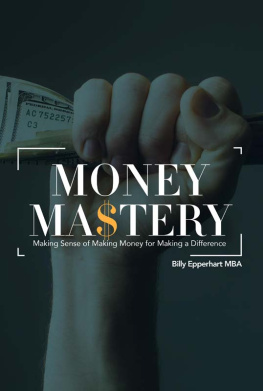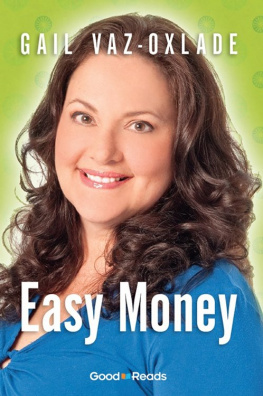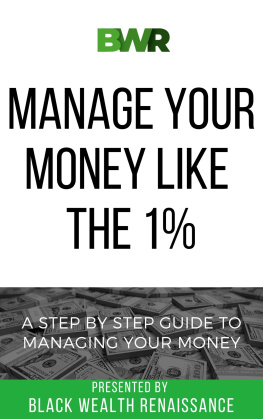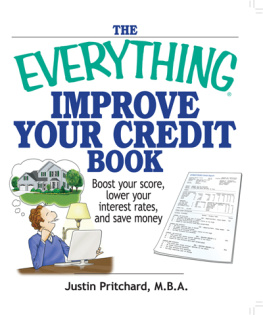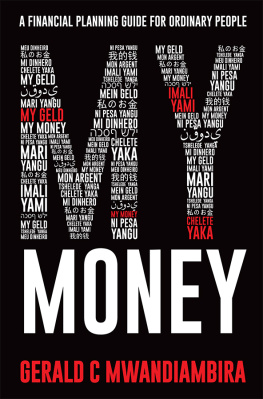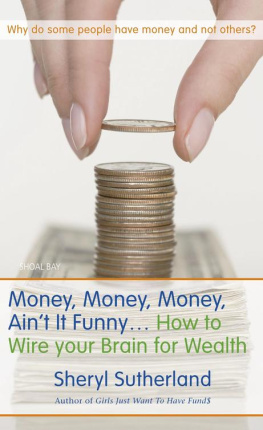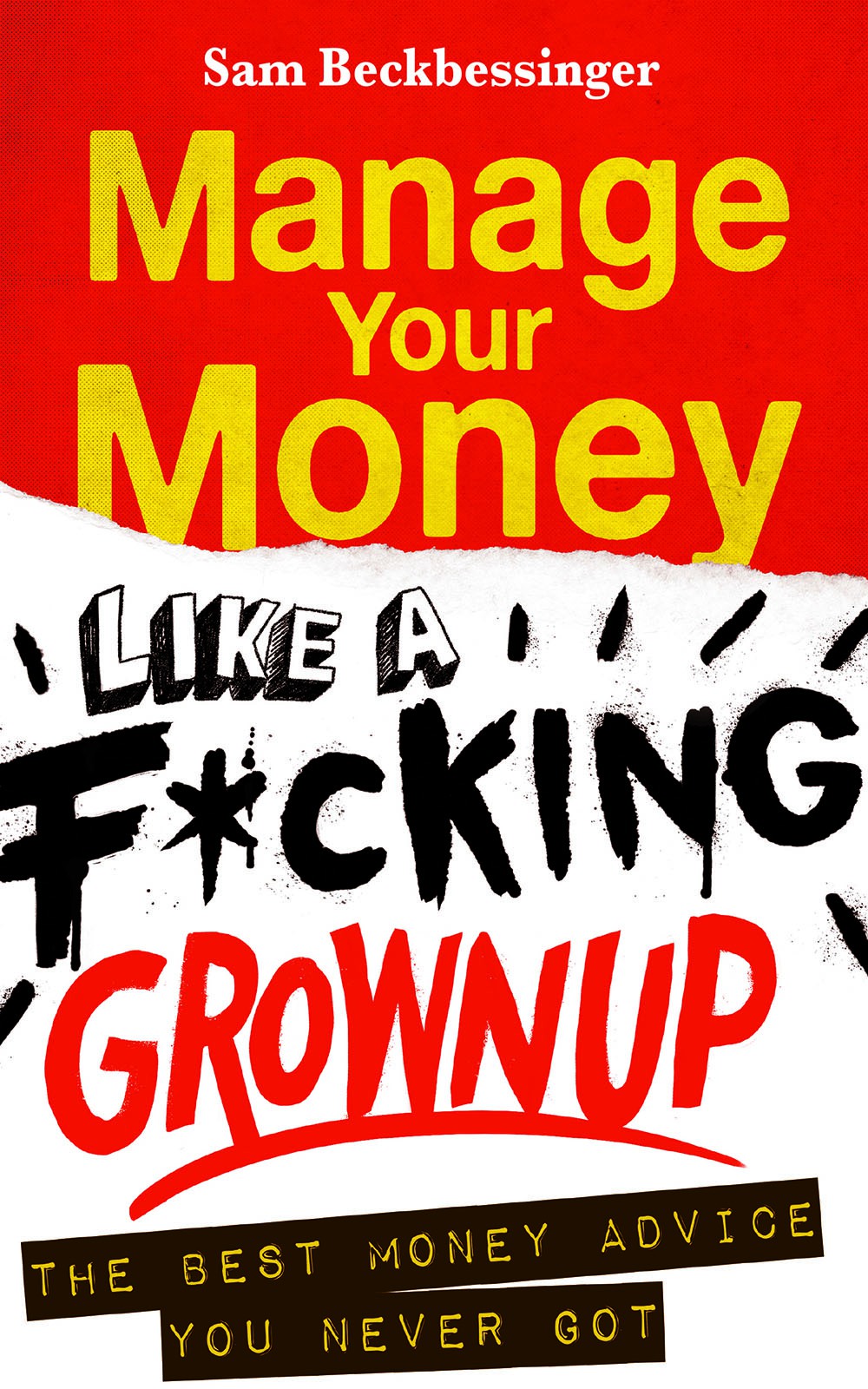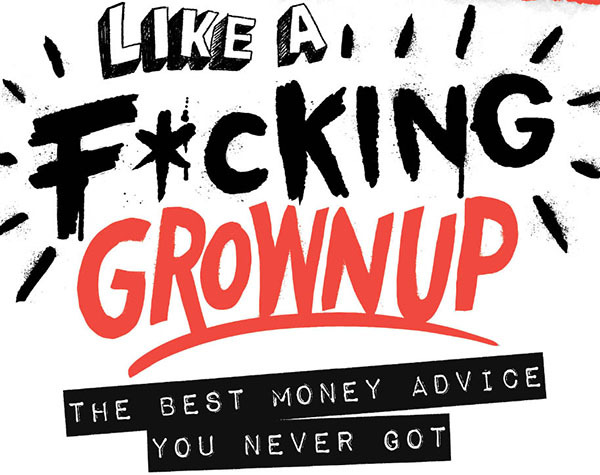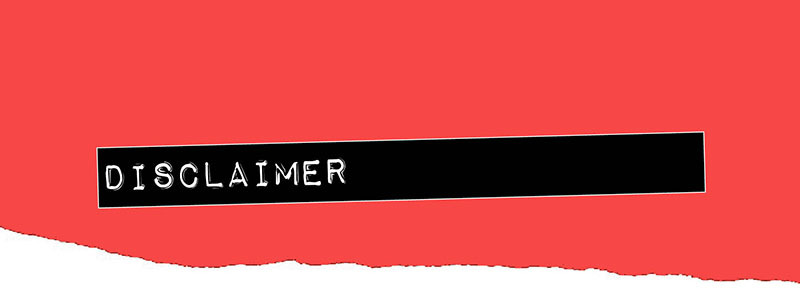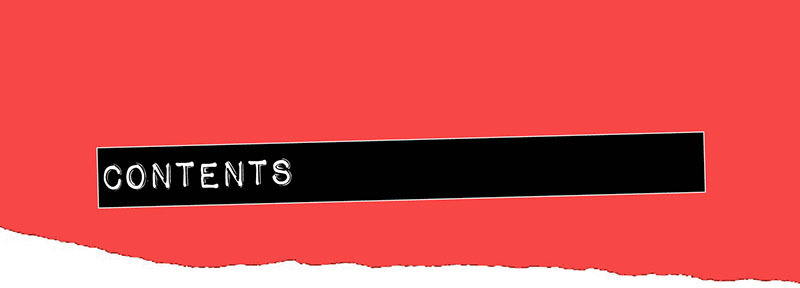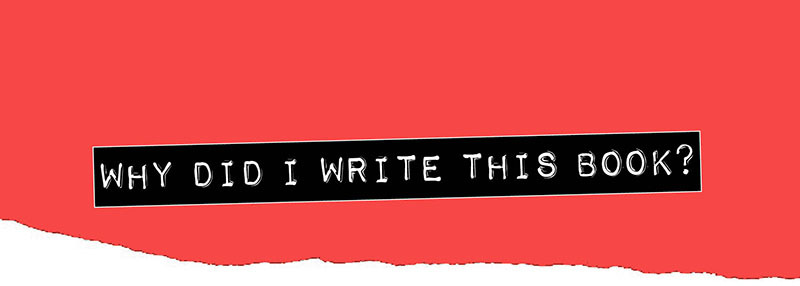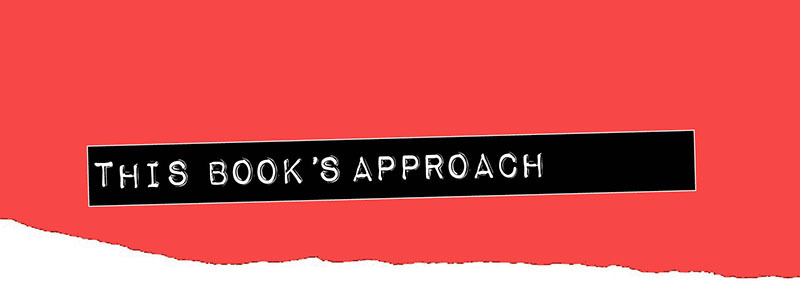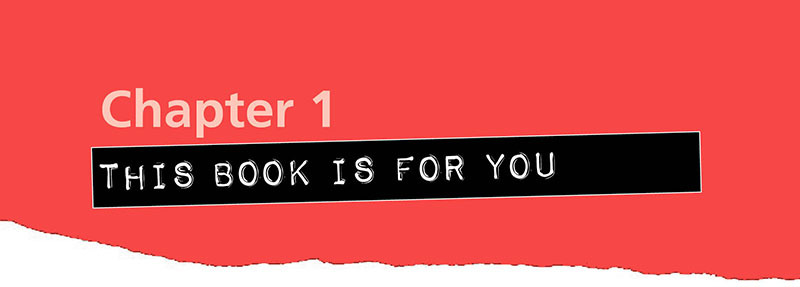SAM BECKBESSINGER
MANAGE
YOUR
MONEY
Jonathan Ball Publishers
Johannesburg and Cape Town
To Jack Bogle,
and to all the people whove trusted me
with their money stories.
Okay, peeps, lets get some shit straight so me and my nice publishers dont get sued.
I am not a certified financial adviser . I want to help you understand some money basics in this book, and show you a path to sorting out your financial life. If your situation is complicated, get some professional help. Chapter 8 has some advice about this.
Things change in the financial sector all the time. When I talk about how certain asset types (like property or equities) have performed historically, thats no guarantee that they will continue to do so in the future. The world might change and that might make some things in this book incorrect, if you read it in the future. Also, the whole worlds economy is probably going to collapse any day now (thanks, Donald Trump) and the oceans are probably going to rise and we might move to an entirely tinned-goods and potable-water-based economy, in which case I have no idea what you should invest in. But the principles youll learn saving, investing, diversification will probably hold up in most scenarios.
Because some kinds of information can go out of date quite quickly, Ive put all the stuff that is likely to change fast on the website: www.likeafuckinggrownup.com. Go check it out because its awesome.
All money is in South African rands unless otherwise stated. I assume 8% per annum real investment growth (growth after inflation) unless I say otherwise. Thats approximately what South African equities did between 2000 and 2016. Obviously, your own returns might not be 8%.
Neither the author nor the publisher may be held responsible for any action or claim resulting from the use of this book. Also, always wipe front to back.
Ive spent most of the past decade trying to build better tools for interacting with money. I didnt do this because I find money particularly interesting. Money, as youll see, is actually pretty basic. What I find fascinating is humans, and the choices they make about what kinds of lives to live, and the stories we tell each other about how the world works.
This has involved countless hours interviewing people about what they want from money, from South Africa to Kenya, Uganda to the UK, Zimbabwe to the US. People have told me their money plans, their hopes and dreams, their fears and their feels.
Do you know what I learnt? The stories were told about money are mostly bullshit.
We never get an instruction manual about how money works. We never have to pass a test to get our Money Licence before we can take a new credit card for a drive. Most of what we learn about money comes from advertising or from other people who know as little as we do. No wonder we make such basic mistakes. No wonder we feel disempowered and scared. No wonder so many of us just decide to stick our heads in the damn sand and never deal with it.
I decided to write this book because so many of the people I spoke to told me that they wished someone would.
It took me a long time to figure out money. Can I tell you something kinda nuts? For most of my 20s, I would just burst into tears whenever anyone tried to talk seriously to me about my own finances. Completely shut down and wailed and ran out the room. I had this narrative in my head about how my parents were bad with money, and so I was bad with money, and so I was just going to opt out completely and think about more important things like Art and Philosophy. (Young me was a pretentious douche.)
It took me a long time to put my cowgirl hat on and figure out how money actually works. I want to help you guys put your own cowgirl hats on, too. Or cowboy hats. Or whatever gender cattle-wrangler youre going for.
Mostly, I wrote this book for myself, because I wish I could send it back in time to 25-year-old me, who was confused and scared, who was wandering around the world with a degree in Creative Writing, wondering how the hell I was ever going to pay rent.
Hey there, 25-year-old me. Things will get better. You are beautiful and youre not nearly as screwed as you think you are. Yes, the economy is broken. But you have more choices than you realise. Take a breath. Youve got this.
The last thing you should know about me: I have a potty mouth. Dont blame me, blame my mother, who swears like a sailor. The second word I ever learnt was fuck.
Also, I once high-fived Barack Obama (true story). That has nothing to do with this book. I just like to tell people.
This book is designed as a reference, so feel free to skip the boring bits and go straight to the things that matter to you right now. I wont take it personally.
Chapter 1 (page 13) sets the context, and encourages you to think about why money matters to you. We also talk about why dealing with money is hard for human brains.
Its worthwhile to understand some basic principles of money. So, theres one and just one theory section in Chapter 2 (page 38), which will teach you about assets, compound interest and diversification. Those are literally the only three money concepts most people need to understand. You can skip this section if youre a person of ACTION , and youve got some KITTENS TO SAVE, GODDAMN IT , but the approach of this book will make more sense if you read it.
In Chapter 3 (page 69), were going to spend some time analysing our current money situation. This means gathering up all the information about our accounts and our spending, and making sense of it. Chapter 4 (page 91) is about setting some goals, and figuring out how were going to achieve them. These two chapters will set the foundations for everything else well discuss, so complete these exercises before you go further.
Have you always felt like theres too much month at the end of your money? Well, in Chapter 5 (page 111), were going to get that spending under control, and even free up some extra money for saving. In Chapter 6 (page 165) were going to talk about bumping those savings up even more by getting a raise, starting a side-hustle and furthering our education. These chapters are designed to be dug into as you need them.
In Chapter 7 (page 181), were going to open up the right types of savings accounts and investments to reach our goals. Youll just need to read the sections that are relevant to your own money situation.
Finally, in Chapter 8 (page 227), well set up some rituals and habits to help keep you motivated. Come back to this chapter if youre feeling stuck and need a bit of encouragement.


